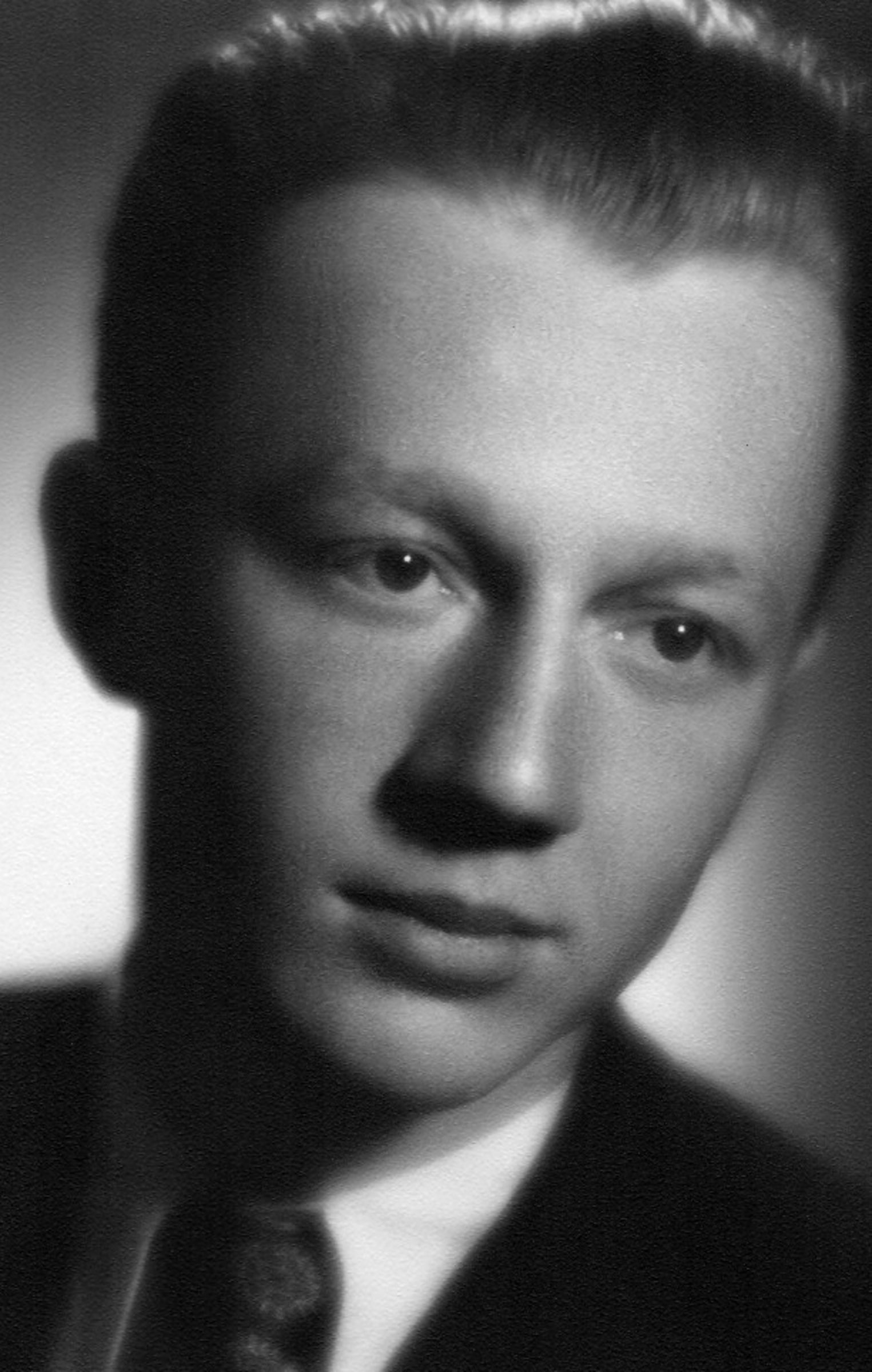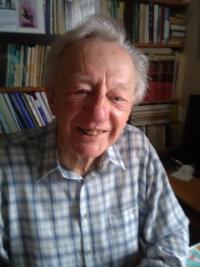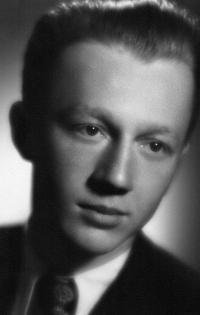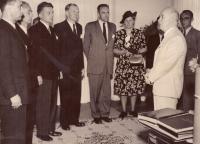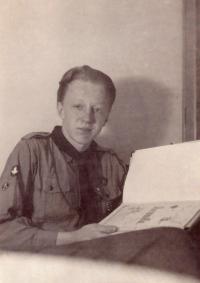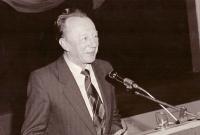“Well, searching for a job. I simply got an offer; well, it cannot really be called an offer. Well, it was a job in the heating plant in Náchod. There were two or three foremen and one of them was my former student. The technical school of machinery organized evening courses as well, and they had attended them. And then there was Vlastík Čejp, I had been his teacher at grammar school, and he worked there as an engineer, there were several people like this. And an order was issued, a Party order, to find a job for Fetters, since we are a humane society and we do not want him to… we just not allow him to work as a teacher, but apart from that… The chairman of the Party organization there was the late Pepa Rotr, he was a good guy and he really did start looking for a job for me. He found out in the community services company in Náchod that there was a job opening in the funeral service. I told him: Joska I would quite like to bury somebody. Well, he went there and they told him that this would not be possible. When he said to them for whom he needed the job, the leaders of the communal services company told him that this would not be possible, that speaking of political personal profile, the funeral service could not employ me. At that time, a new clinic was built, it was nicknamed Kremlin, and a house of political education was constructed as well. Joska came to me, saying that they needed a librarian there. I told him, are you crazy, Joska? Well, you could do the job, could not you? Of course I could work as a librarian. Joska was so naïve that he really did go to the district Party committee, to the comrade in charge, and when he told her about me, she looked at him and she said: Comrade Rotr, just think that you have only told me a good joke. And that was it. Well, the fact is that they were in the know and they were offering me a job of a hotel inspector. I told them, I will absolutely not accept a job like this, anyone can kick me down any time in a position like this. I do not understand these things, but those people, the bosses of hotels were very cunning, and they knew very well how to handle it, and I could get involved in something and I could even be imprisoned as a result, and so I started working in the heating plant. I thought, if my dad could do a blue-collar job all his life, why could I not do a blue-collar job as well?”
